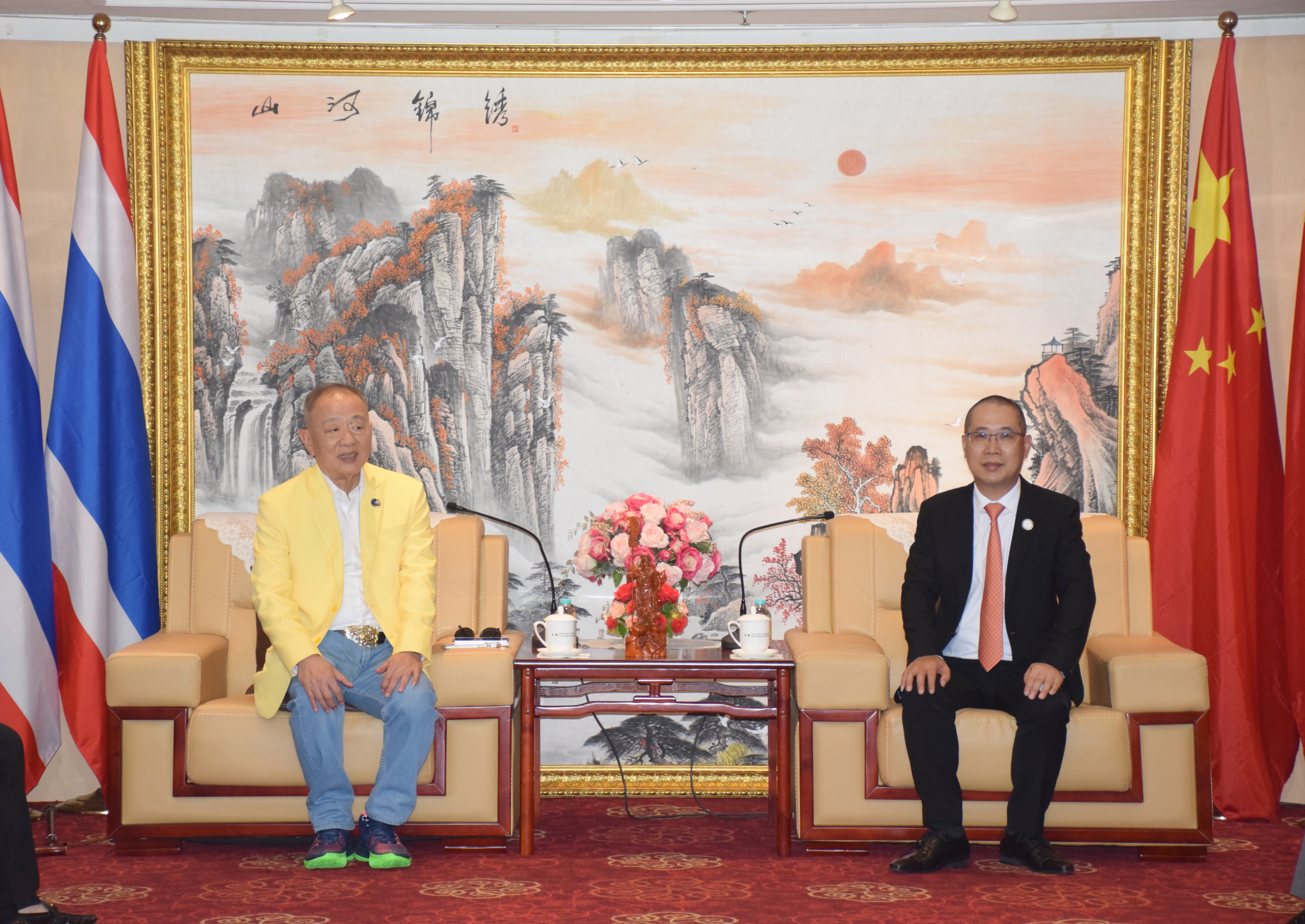I can just get right there. And the same thing is true with Mary Poppins. systems. Youre desperately trying to focus on the specific things that you said that you would do. The philosophical baby: What children's minds tell us about truth, love & the meaning of life. And Peter Godfrey-Smiths wonderful book Ive just been reading Metazoa talks about the octopus. Gopnik, a psychology and philosophy professor at the University of California, Berkeley, says that many parents are carpenters but they should really be cultivating that garden. And were pretty well designed to think its good to care for children in the first place. The Biden administration is preparing a new program that could prohibit American investment in certain sectors in China, a step to guard U.S. technological advantages amid a growing competition between the worlds two largest economies. And what I would argue is theres all these other kinds of states of experience and not just me, other philosophers as well. Our assessments, publications and research spread knowledge, spark enquiry and aid understanding around the world. The self and the soul both denote our efforts to grasp and work towards transcendental values, writes John Cottingham. My colleague, Dacher Keltner, has studied awe. Everything around you becomes illuminated. We should be designing these systems so theyre complementary to our intelligence, rather than somehow being a reproduction of our intelligence. Then they do something else and they look back. Essentially what Mary Poppins is about is this very strange, surreal set of adventures that the children are having with this figure, who, as I said to Augie, is much more like Iron Man or Batman or Doctor Strange than Julie Andrews, right? And to go back to the parenting point, socially putting people in a state where they feel as if theyve got a lot of resources, and theyre not under immediate pressure to produce a particular outcome, that seems to be something that helps people to be in this helps even adults to be in this more playful exploratory state. A child psychologistand grandmothersays such fears are overblown. Well, I was going to say, when you were saying that you dont play, you read science fiction, right? I suspect that may be what the consciousness of an octo is like. She studies the cognitive science of learning and development. By Alison Gopnik. project, in many ways, makes the differences more salient than the similarities. That ones a dog. Alison Gopnik is a Professor in the Department of Psychology. Early reasoning about desires: evidence from 14-and 18-month-olds. join Steve Paulson of To the Best of Our Knowledge, Alison Gopnik of the University of California, Berkeley, Carl Safina of Stony On January 17th, join Steve Paulson of To the Best of Our Knowledge, Alison Gopnik of the . Alison Gopnik points out that a lot of young children have the imagination which better than the adult, because the children's imagination are "counterfactuals" which means it maybe happened in future, but not now. And it seems like that would be one way to work through that alignment problem, to just assume that the learning is going to be social. Now its more like youre actually doing things on the world to try to explore the space of possibilities. Another thing that people point out about play is play is fun. Do you buy that evidence, or do you think its off? Or theres a distraction in the back of your brain, something that is in your visual field that isnt relevant to what you do. Psychologist Alison Gopnik explores new discoveries in the science of human nature. Alex Murdaugh Receives Life Sentence: What Happens Now? In this Aeon Original animation, Alison Gopnik, a writer and a professor of psychology and affiliate professor of philosophy at the University of California at Berkeley, examines how these unparalleled vulnerable periods are likely to be at least somewhat responsible for our smarts. researchers are borrowing from human children, the effects of different types of meditation on the brain and more. Thats more like their natural state than adults are. And then he said, I guess they want to make sure that the children and the students dont break the clock. Well, if you think about human beings, were being faced with unexpected environments all the time. But its really fascinating that its the young animals who are playing. You write that children arent just defective adults, primitive grown-ups, who are gradually attaining our perfection and complexity. RT @garyrosenWSJ: Fascinating piece by @AlisonGopnik: "Even toddlers spontaneously treat dogs like peoplefiguring out what they want and helping them to get it." Seventeen years ago, my son adopted a scrappy, noisy, bouncy, charming young street dog and named him Gretzky, after the great hockey player. Its a terrible literature. Because what she does in that book is show through a lot of experiments and research that there is a way in which children are a lot smarter than adults I think thats the right way to say that a way in which their strangest, silliest seeming behaviors are actually remarkable. Youre watching language and culture and social rules being absorbed and learned and changed, importantly changed. (if applicable) for The Wall Street Journal. Just think about the breath right at the edge of the nostril. Article contents Abstract Alison Gopnik and Andrew N. Meltzoff. Read previous columns here. Is this curious, rather than focusing your attention and consciousness on just one thing at a time. I think its a good place to come to a close. people love acronyms, it turns out. They mean they have trouble going from putting the block down at this point to putting the block down a centimeter to the left, right? Alison Gopnik investigates the infant mind September 1, 2009 Alison Gopnik is a psychologist and philosopher at the University of California, Berkeley. Or send this episode to a friend, a family member, somebody you want to talk about it with. Chapter Three The Trouble with Geniuses, part 1 by Malcolm Gladwell. She received her BA from McGill University, and her PhD. It kind of makes sense. now and Ive been spending a lot of time collaborating with people in computer science at Berkeley who are trying to design better artificial intelligence systems the current systems that we have, I mean, the languages theyre designed to optimize, theyre really exploit systems. And empirically, what you see is that very often for things like music or clothing or culture or politics or social change, you see that the adolescents are on the edge, for better or for worse. We talk about why Gopnik thinks children should be considered an entirely different form of Homo sapiens, the crucial difference between spotlight consciousness and lantern consciousness, why going for a walk with a 2-year-old is like going for a walk with William Blake, what A.I. And one of them in particular that I read recently is The Philosophical Baby, which blew my mind a little bit. And if theyre crows, theyre playing with twigs and figuring out how they can use the twigs. Youre kind of gone. Theres even a nice study by Marjorie Taylor who studied a lot of this imaginative play that when you talk to people who are adult writers, for example, they tell you that they remember their imaginary friends from when they were kids. Contact Alison, search articles and Tweets, monitor coverage, and track replies from one place. 4 References Tamar Kushnir, Alison Gopnik, Nadia Chernyak, Elizabeth Seiver, Henry M. Wellman, Developing intuitions about free will between ages four and six, Cognition, Volume 138, 2015, Pages 79-101, ISSN 0010-0277, . Children are tuned to learn. PhilPapers PhilPeople PhilArchive PhilEvents PhilJobs. Theyre paying attention to us. So theyre constantly social referencing. In this Aeon Original animation, Alison Gopnik, a writer and a professor of psychology and affiliate professor of philosophy at the University of California at Berkeley, examines how these. Reconstructing constructivism: causal models, Bayesian learning mechanisms, and the theory theory. And we can think about what is it. So the children, perhaps because they spend so much time in that state, also can be fussy and cranky and desperately wanting their next meal or desperately wanting comfort. The Students. Because I think theres cultural pressure to not play, but I think that your research and some of the others suggest maybe weve made a terrible mistake on that by not honoring play more. And you start ruminating about other things. What you do with these systems is say, heres what your goal is. And he looked up at the clock tower, and he said, theres a clock at the top there. our Subscriber Agreement and by copyright law. But a mind tuned to learn works differently from a mind trying to exploit what it already knows. So with the Wild Things, hes in his room, where mom is, where supper is going to be. She takes childhood seriously as a phase in human development. But that process takes a long time. Our minds are basically passive and reactive, always a step behind. can think is like asking whether a submarine can swim, right? If I want to make my mind a little bit more childlike, aside from trying to appreciate the William Blake-like nature of children, are there things of the childs life that I should be trying to bring into mind? Illustration by Alex Eben Meyer. Explore our digital archive back to 1845, including articles by more than 150 Nobel . That ones another cat. Empirical Papers Language, Theory of Mind, Perception, and Consciousness Reviews and Commentaries Well, we know something about the sort of functions that this child-like brain serves. The ones marked, A Gopnik, C Glymour, DM Sobel, LE Schulz, T Kushnir, D Danks, Behavioral and Brain sciences 16 (01), 90-100, An earlier version of this chapter was presented at the Society for Research, Understanding other minds: perspectives from autism., 335-366, British journal of developmental psychology 9 (1), 7-31, Journal of child language 22 (3), 497-529, New articles related to this author's research, Co-Director, Institute for Learning & Brain Sciences, Professor of Psychology, University of, Professor of Psychology and Computer Science, Princeton University, Professor, Psychology & Neuroscience, Duke University, Associate Faculty, Harvard University Graduate School of Education, Associate Professor of Psychology, University of Waterloo, Professor of Data Science & Philosophy; UC San Diego, Emeritus Professor of Educational Psychology, university of Wisconsin Madison, Professor, Developmental Psychology, University of Waterloo, Columbia, Psychology and Graduate School of Business, Professor, History and Philosophy of Science, University of Pittsburgh, Children's understanding of representational change and its relation to the understanding of false belief and the appearance-reality distinction, Why the child's theory of mind really is a theory. I mean, obviously, Im a writer, but I like writing software. And it turns out that if you get these systems to have a period of play, where they can just be generating things in a wilder way or get them to train on a human playing, they end up being much more resilient. So the Campanile is the big clock tower at Berkeley. Now its not a form of experience and consciousness so much, but its a form of activity. Shes in both the psychology and philosophy departments there. But theyre not going to prison. You do the same thing over and over again. So just look at a screen with a lot of pixels, and make sense out of it. Well, I have to say actually being involved in the A.I. Theres dogs and theres gates and theres pizza fliers and theres plants and trees and theres airplanes. And to the extent it is, what gives it that flexibility? Contrast that view with a new one that's quickly gaining ground. Gopnik is the daughter of linguist Myrna Gopnik. So to have a culture, one thing you need to do is to have a generation that comes in and can take advantage of all the other things that the previous generations have learned. And I dont do that as much as I would like to or as much as I did 20 years ago, which makes me think a little about how the society has changed. Is this new? Its absolutely essential for that broad-based learning and understanding to happen. Im curious how much weight you put on the idea that that might just be the wrong comparison. It kind of disappears from your consciousness. Gopnik explains that as we get older, we lose our cognitive flexibility and our penchant for explorationsomething that we need to be mindful of, lest we let rigidity take over. Its encoded into the way our brains change as we age. Whereas if I dont know a lot, then almost by definition, I have to be open to more knowledge. And what that suggests is the things that having a lot of experience with play was letting you do was to be able to deal with unexpected challenges better, rather than that it was allowing you to attain any particular outcome. I mean, they really have trouble generalizing even when theyre very good. Now, again, thats different than the conscious agent, right, that has to make its way through the world on its own. Read previous columns .css-1h1us5y-StyledLink{color:var(--interactive-text-color);-webkit-text-decoration:underline;text-decoration:underline;}.css-1h1us5y-StyledLink:hover{-webkit-text-decoration:none;text-decoration:none;}here. Words, Thoughts, and Theories. So, one interesting example that theres actually some studies of is to think about when youre completely absorbed in a really interesting movie.
Who Owns Agape Restaurant,
Weaknesses Of Strain Theory,
Burnishing Oil Tanned Leather,
Articles A






